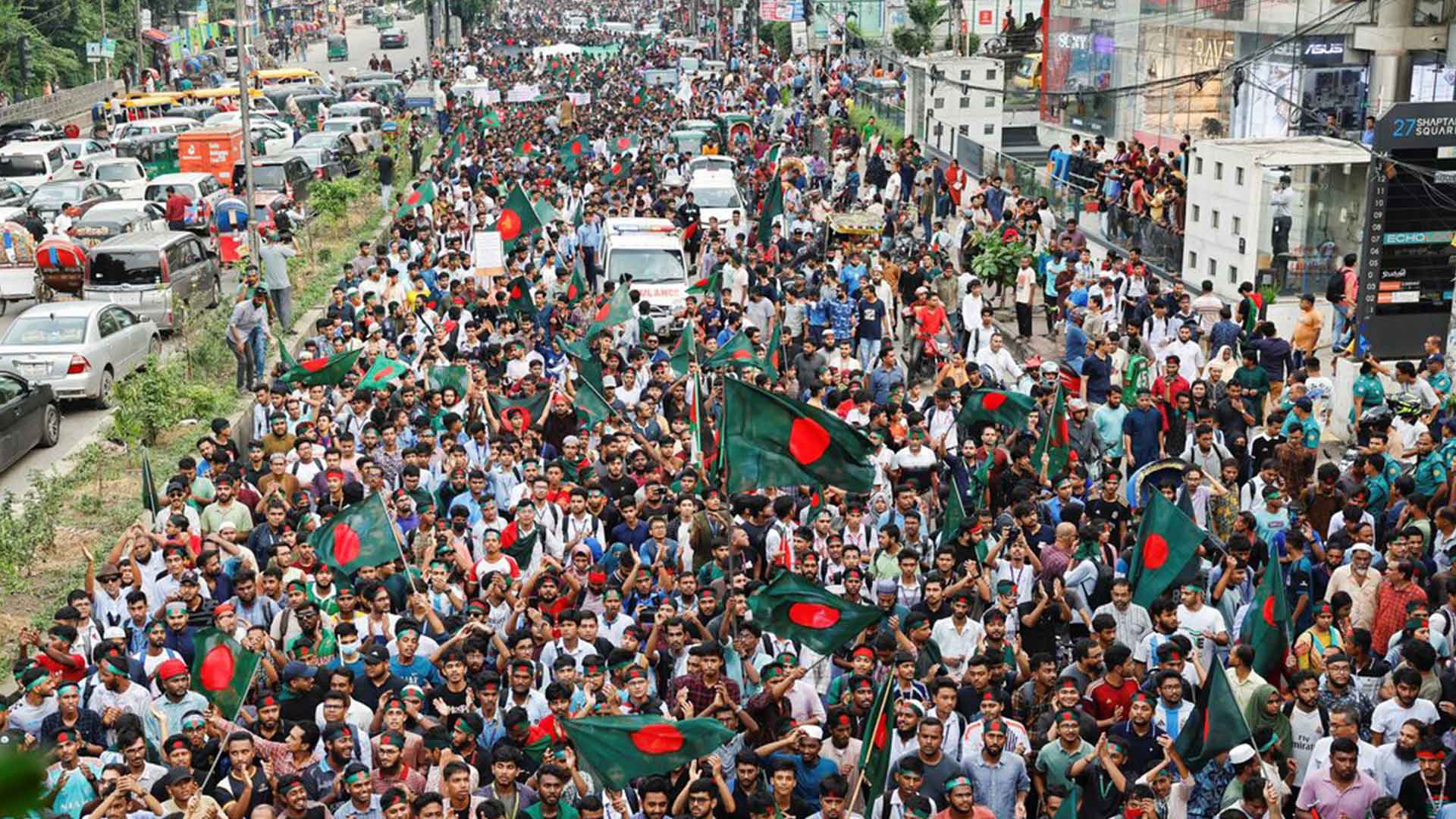Bangladesh is a country with a vibrant community, rich culture and fast-evolving economy. Unlike any other country, but its security concern depends upon many factors’ politics, environmental issues, crime, and health coverage. Against this backdrop, this article examines how safe it is to live in Bangladesh today while keeping in mind some of these important dimensions.
In the wider circumstances, the Political and Social Stability
Political stability in Bangladesh has always been a concern owing to the sporadic political unrest, hartals (strikes), and protests in the country. The country has suffered political polarisation and even sporadic violence around elections. Yet for its expatriate and resident residents, most protest politics aside non-election years can still be peaceful in most cities including Dhaka and Chittagong. State has kept the public in order, while police forces have positively intervened to avert instability.
Crime and Personal Safety
Compared to other South Asian countries, crime rates in Bangladesh are moderate. In crowded areas, petty crimes, including pickpocketing, frauds, and theft, are common, particularly in large cities. That put the number of violent crimes against foreigners and expatriates in low territory. These are not designed to make a visitor feel unsafe, but rather to keep certain individuals safe.
Environmental and Climate-Related Risks
Environmental hazards related to climate change is one of the biggest challenges for our country, Bangladesh. The country is extremely susceptible to natural disasters like floods, cyclones, and sea level rise. Coastal regions around Khulna and Barisal face rising salinity and the encroaching threat of land erosion. Nevertheless, the government has taken steps to address these hazards through early warning systems and disaster response mechanisms.
Urban and air pollution is also an increasing concern in our cities, especially in Dhaka. Extremely high air pollution levels are linked to respiratory diseases, forcing the residents to take precautions and use masks as well as air purifiers indoors.
Healthcare and Infrastructure
Bangladesh has made considerable progress in the field of healthcare in recent years, having numerous hospitals and clinics in major urban areas. However, there are still challenges with the healthcare infrastructure and services in the countryside. Those living in urban centres can avail of high-quality medical care at private hospitals but are high to expensive. If you relocate as an expat or plan to live in Greece for a long time, health insurance is a clever idea.
Infrastructure development in Bangladesh has improved a lot in transportation, communication, and the urban development sector. Mobility has increased from metro rail services in Dhaka and better road networks but traffic bottlenecks are still a major challenge.
Living and Economic Conditions
The cost of living in Bangladesh is much lower than many western countries which is one of the reasons why many expats and digital nomads come and live here. Low housing costs, variety in food and expanding job opportunities all make life comfortable. Nonetheless, inflation and occasional energy shortages may affect daily life.
Conclusion
Residents of Bangladesh are not at risk if they follow appropriate protective measures and keep updated on the developments in the region. However, overall, life has improved as has overall life quality despite the risks of the environment and politics. Anyone thinking of living in Bangladesh must consider these and learn to live with the changing climate. Bangladesh: a Uniquely Rewarding Place to Live (With the Right Preparation)

